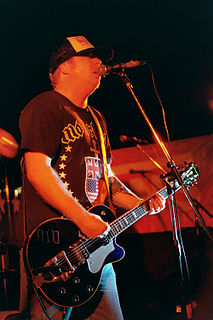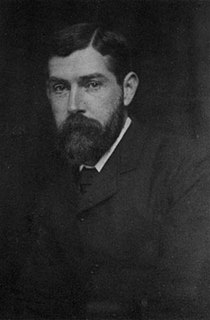A Quote by Theodosius Dobzhansky
Nature's stern discipline enjoins mutual help at least as often as warfare. The fittest may also be the gentlest.
Related Quotes
Mountains are nature's testimonials of anguish. They are the sharp cry of a groaning and travailing creation. Nature's stern agony writes itself on these furrowed brows of gloomy stone. These reft and splintered crags stand, the dreary images of patient sorrow, existing verdureless and stern because exist they must.
The work of cultivating experiences called "peak experiences" or "mystic moments" or "breakthroughs" until they become more accessible is part of the essential nature of genuine spiritual discipline. These are moments, at the very least, of approaching the experiential verification that there does exist something Higher within and perhaps also outside of ourselves. Moments at the very least of approaching what the religions call God.
There are lots of people who believe there may be at least some genetic component to procrastination, and even if there isn't, it seems to be the case that procrastination habits are often set relatively early in life (that's certainly the case with me). But I also think that there's lots of evidence that external tools can help quite a bit in getting people to stop procrastinating.
You don't often see the words "Discipline" and "Dreaming" in the same sentence. But I believe this duality is critically important to win in both business and life. Dreaming without discipline is fantasy land. Discipline without dreaming creates rigid and stifling bureaucracies. Having a process to enable the creative process will help liberate the creativity that lives within every organization and individual.





































